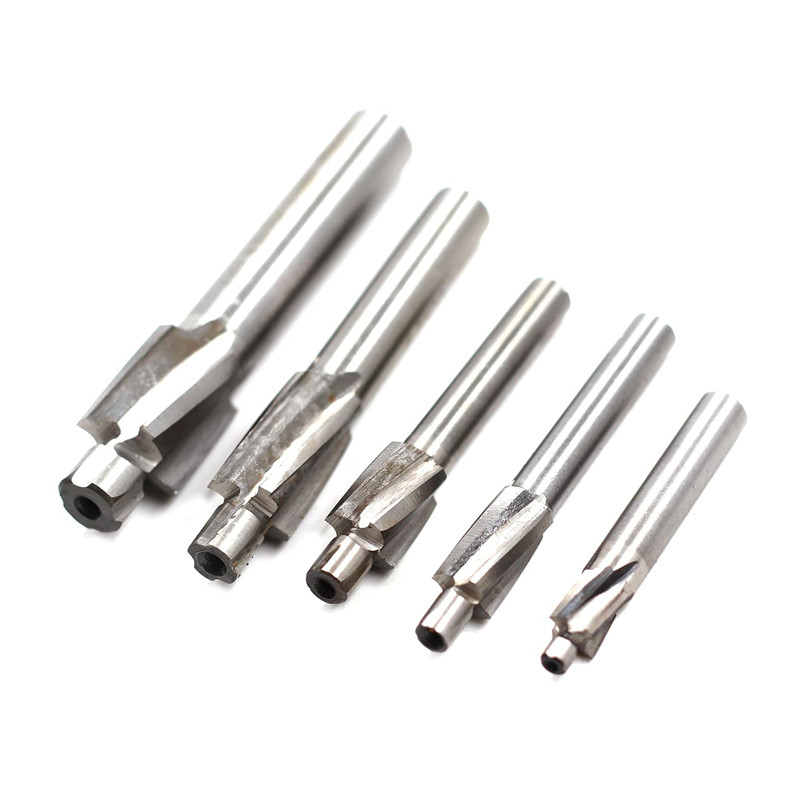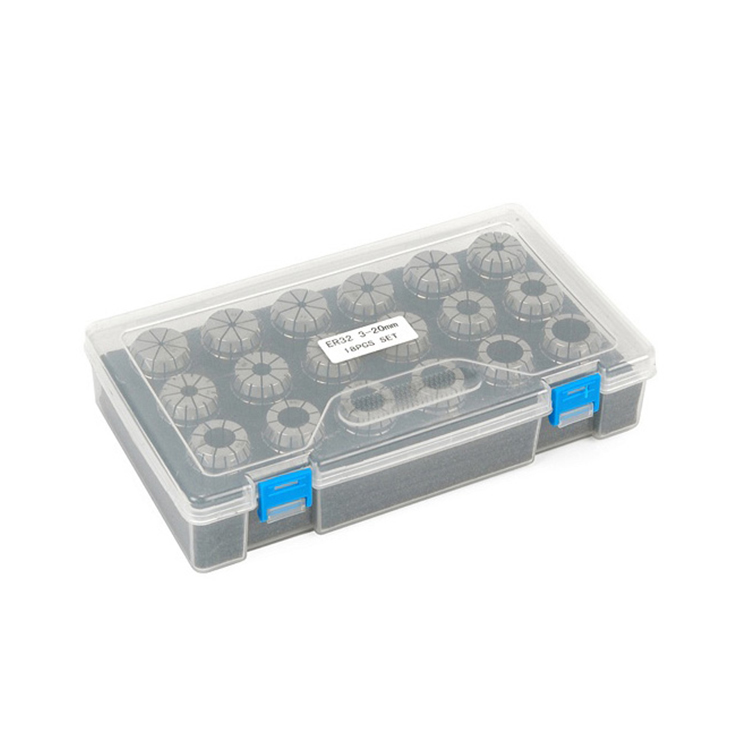thread gauge Factory
Looking for a reliable thread gauge factory? This guide provides a comprehensive overview of thread gauges, covering their types, applications, and factors to consider when choosing a manufacturer. Learn about the different standards, materials, and quality control processes that ensure accurate and dependable measurements for various industries.
Understanding Thread Gauges
Thread gauges are essential tools used to measure the accuracy and consistency of screw threads. They are critical in manufacturing, engineering, and quality control processes to ensure proper fit and functionality of threaded components.
Types of Thread Gauges
There are several types of thread gauges, each designed for specific purposes:
- Plug Gauges: Used to inspect internal threads. They come in two main types: GO and NO-GO. The GO gauge should screw freely into the thread, while the NO-GO gauge should not enter more than a few turns.
- Ring Gauges: Used to inspect external threads. Similar to plug gauges, they have GO and NO-GO variations.
- Thread Calipers: Used for quick and approximate measurements of thread pitch and diameter.
- Adjustable Thread Ring Gauges: These ring gauges are adjustable, allowing for fine-tuning and compensation for wear.
- Taper Thread Gauges: Specifically designed for measuring tapered threads, commonly found in pipes and fittings.
Key Features to Look For
When selecting thread gauges from a thread gauge factory, consider the following features:
- Material: High-quality tool steel, hardened and tempered for durability.
- Accuracy: Compliance with industry standards (e.g., ANSI, ISO, DIN).
- Finish: Smooth surface finish to prevent damage to the threads being inspected.
- Markings: Clear and durable markings indicating the thread size and tolerance.
Applications of Thread Gauges
Thread gauges are used across a wide range of industries:
- Automotive: Ensuring the correct fit of threaded fasteners in engines, chassis, and other components.
- Aerospace: Verifying the integrity of threaded connections in aircraft structures and systems.
- Oil and Gas: Inspecting threads on pipes, valves, and fittings to prevent leaks and failures.
- Manufacturing: Controlling the quality of threaded parts in mass production.
- Electronics: Ensuring the proper assembly of threaded components in electronic devices.
Choosing the Right Thread Gauge Factory
Selecting a reputable thread gauge factory is crucial for obtaining accurate and reliable measurement tools. Here are some factors to consider:
Certifications and Standards
Ensure the factory adheres to relevant industry standards and holds necessary certifications, such as ISO 9001, demonstrating a commitment to quality management. Wayleading Tools is committed to providing high-quality thread gauges, manufactured under strict quality control processes.
Manufacturing Capabilities
A good thread gauge factory should have advanced manufacturing capabilities, including CNC machining, grinding, and heat treatment. In addition, they should be able to produce custom thread gauges based on specific requirements.
Quality Control
Stringent quality control processes are essential to guarantee the accuracy and reliability of thread gauges. This includes regular inspection of raw materials, in-process inspections, and final product testing.
Materials Used
The quality of materials used in the manufacture of thread gauges directly affects their performance and lifespan. Look for factories that use high-quality tool steel that is hardened and tempered to ensure durability and wear resistance. Commonly used materials include:
- High-Speed Steel (HSS): Offers good wear resistance and toughness.
- Alloy Steel: Provides increased strength and hardness.
- Carbide: Offers exceptional wear resistance and is suitable for high-volume production.
Customization Options
Many applications require custom thread gauges to meet specific needs. A reliable thread gauge factory should be able to provide customization options, including different thread sizes, tolerances, and materials. Wayleading Tools offers custom thread gauge design and manufacturing to meet unique application needs.
Thread Gauge Standards
Thread gauges are manufactured to comply with various international standards. Understanding these standards is essential for selecting the appropriate gauge for your application.
Common Thread Standards
Here are some of the most common thread standards:
- ISO Metric Thread (M): The most widely used thread form worldwide.
- Unified National Thread (UN): Commonly used in the United States and Canada.
- British Standard Whitworth (BSW): An older thread form still used in some applications.
- National Pipe Thread (NPT): Used for threaded pipes and fittings in North America.
- British Standard Pipe Thread (BSP): Used for threaded pipes and fittings in Europe and Asia.
Tolerance Grades
Thread standards define tolerance grades that specify the allowable variations in thread dimensions. Higher tolerance grades indicate tighter tolerances and greater accuracy.
Maintenance and Calibration
Proper maintenance and calibration are essential to ensure the continued accuracy of thread gauges.
Cleaning and Storage
Keep thread gauges clean and free from contaminants. Store them in a dry, protected environment to prevent corrosion and damage.
Calibration Frequency
Regular calibration is necessary to verify the accuracy of thread gauges. The frequency of calibration depends on the usage and criticality of the application. A yearly calibration cycle is recommended.
Calibration Methods
Calibration should be performed by a qualified laboratory using calibrated masters and equipment. The calibration process involves comparing the gauge's measurements to known standards and making necessary adjustments.
Thread Gauge Terminology
Understanding the terminology associated with thread gauges is essential for effective communication and accurate measurements.
Key Terms
- Pitch: The distance between adjacent thread crests.
- Major Diameter: The largest diameter of the thread.
- Minor Diameter: The smallest diameter of the thread.
- Thread Angle: The angle between the thread flanks.
- GO Gauge: A gauge that checks the maximum material condition of a thread.
- NO-GO Gauge: A gauge that checks the minimum material condition of a thread.
Troubleshooting Common Issues
Even with proper care, thread gauges can encounter issues. Here are some common problems and their solutions:
Worn Gauges
Over time, thread gauges can wear down, affecting their accuracy. Replace worn gauges with new ones to ensure reliable measurements.
Contaminated Gauges
Dirt, oil, and other contaminants can interfere with the accuracy of thread gauges. Clean gauges regularly with a suitable solvent and a soft brush.
Damaged Gauges
Inspect thread gauges regularly for signs of damage, such as cracks, chips, or bent threads. Replace damaged gauges to prevent inaccurate measurements.
The Future of Thread Gauges
The field of thread gauges is constantly evolving, with new technologies and innovations emerging to improve accuracy, efficiency, and ease of use.
Advancements in Technology
Some of the latest advancements in thread gauge technology include:
- Digital Thread Gauges: Provide precise digital readouts, eliminating the need for manual interpretation.
- Automated Thread Inspection Systems: Use machine vision and robotics to automatically inspect threaded parts, improving throughput and reducing errors.
- Non-Contact Thread Measurement: Employ laser scanning or optical techniques to measure threads without physical contact, minimizing the risk of damage.
Wayleading Tools: Your Partner for Precision Measurement
Wayleading Tools is a leading thread gauge factory, committed to providing high-quality, accurate, and reliable measurement tools. We offer a wide range of thread gauges to meet the needs of various industries and applications. Contact us today to learn more about our products and services. Visit www.wayleading.com to explore our selection.
Examples of thread gauges
Here are a few examples of how thread gauges are used in different industries:
| Industry | Application | Thread Gauge Type |
|---|---|---|
| Automotive | Checking threads on engine bolts | Plug Gauge, Ring Gauge |
| Aerospace | Inspecting threads on aircraft fasteners | GO/NO-GO Gauges, Thread Calipers |
| Oil and Gas | Verifying threads on pipe fittings | Taper Thread Gauges |
| Manufacturing | Quality control of threaded components | Adjustable Thread Ring Gauges |
By understanding these guidelines and working with a reputable thread gauge factory like Wayleading Tools, you can ensure the accuracy and reliability of your threaded connections.
Related products
Related products
Best selling products
Best selling products-
 Deburring Tool Holder For The Deburring Tool Blades
Deburring Tool Holder For The Deburring Tool Blades -
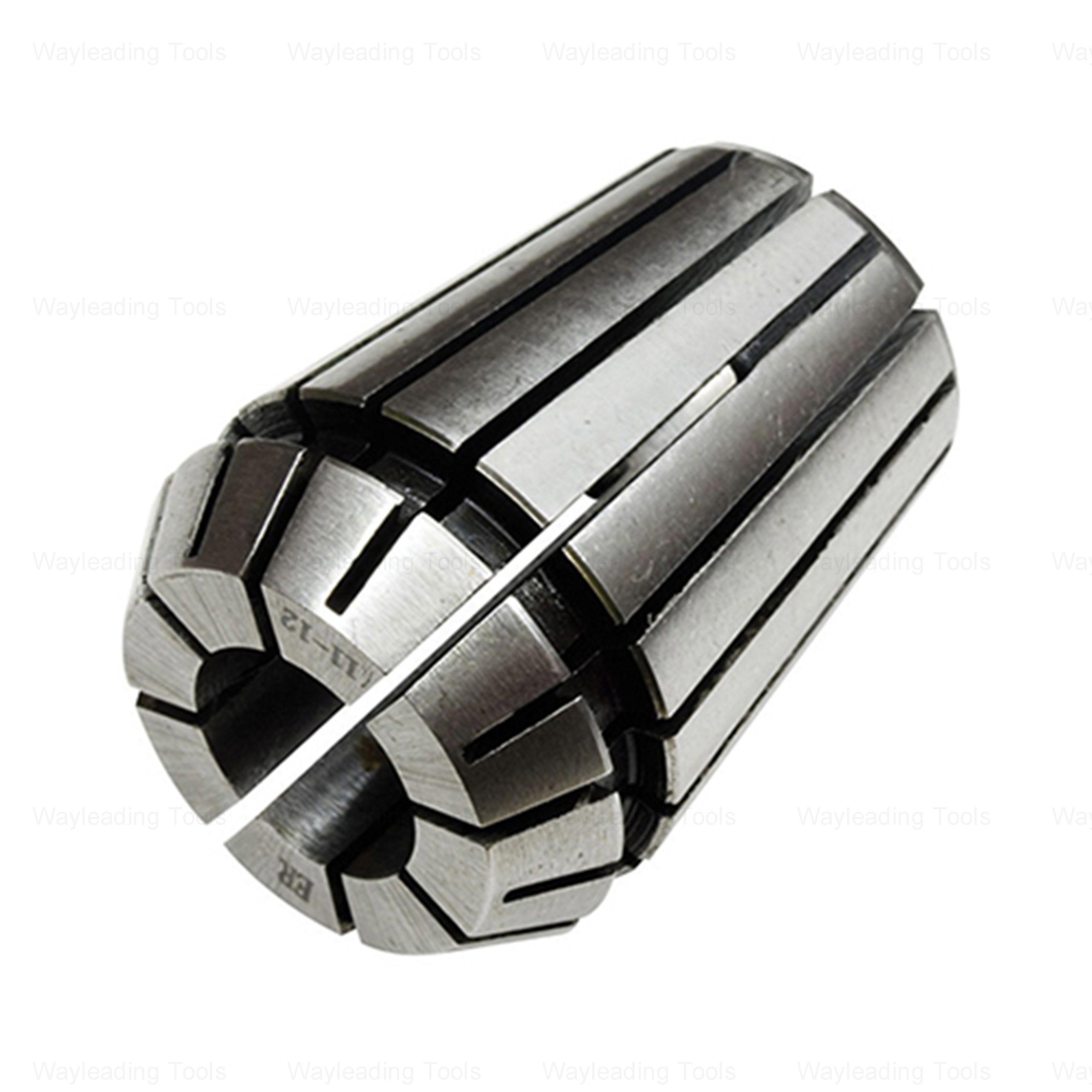 Metric ER Collets – High Precision, for Milling Applications
Metric ER Collets – High Precision, for Milling Applications -
 F1 Precision Boring Head With Metric & Inch
F1 Precision Boring Head With Metric & Inch -
 DIN4971-ISO1 Carbide Tipped Tool Bit With Right And Left Hand
DIN4971-ISO1 Carbide Tipped Tool Bit With Right And Left Hand -
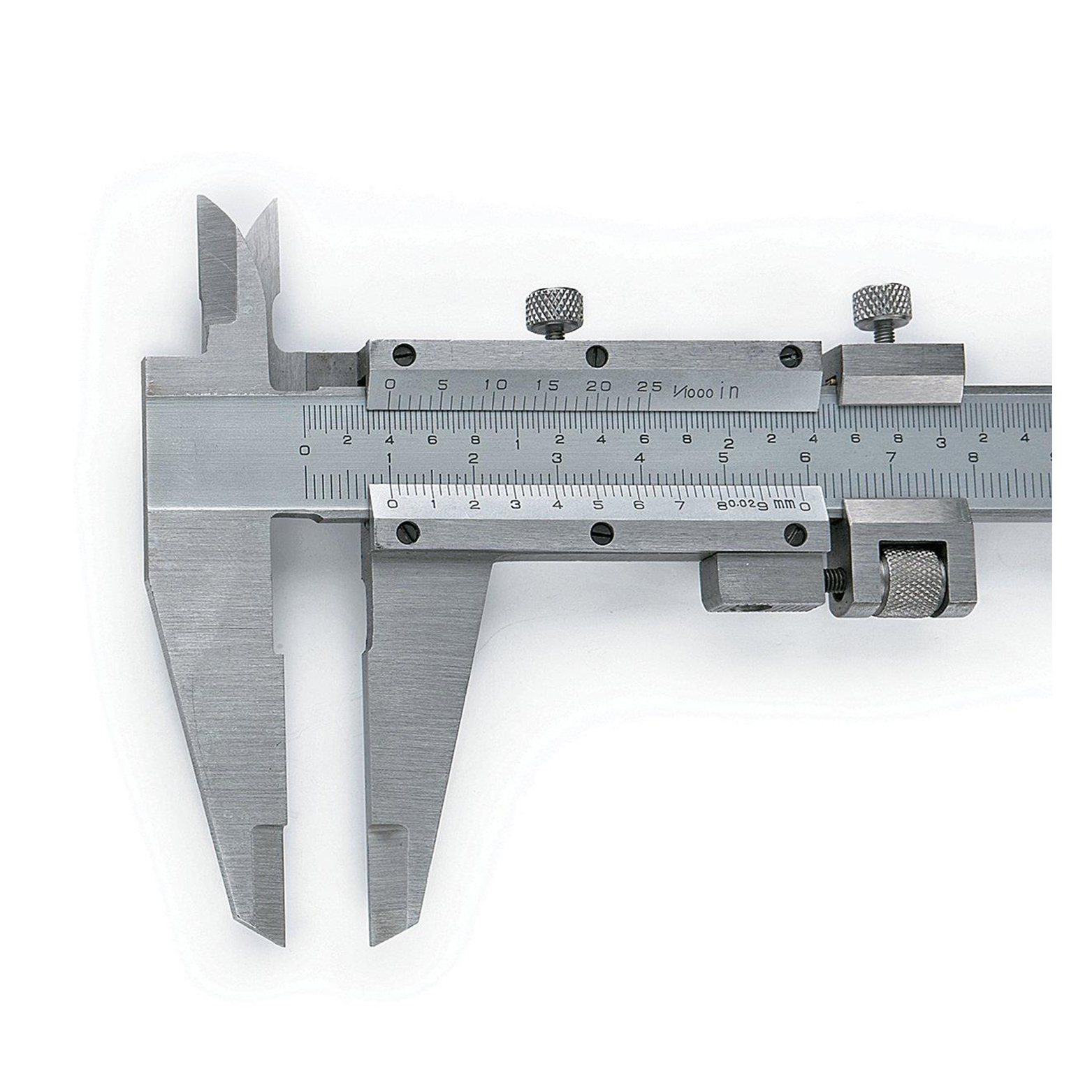 Precision Fine-Adjustment Vernier Caliper Of Metric & Imperial For Industrial
Precision Fine-Adjustment Vernier Caliper Of Metric & Imperial For Industrial -
 Type B Cylinder Tungsten Carbide Rotary Burr
Type B Cylinder Tungsten Carbide Rotary Burr -
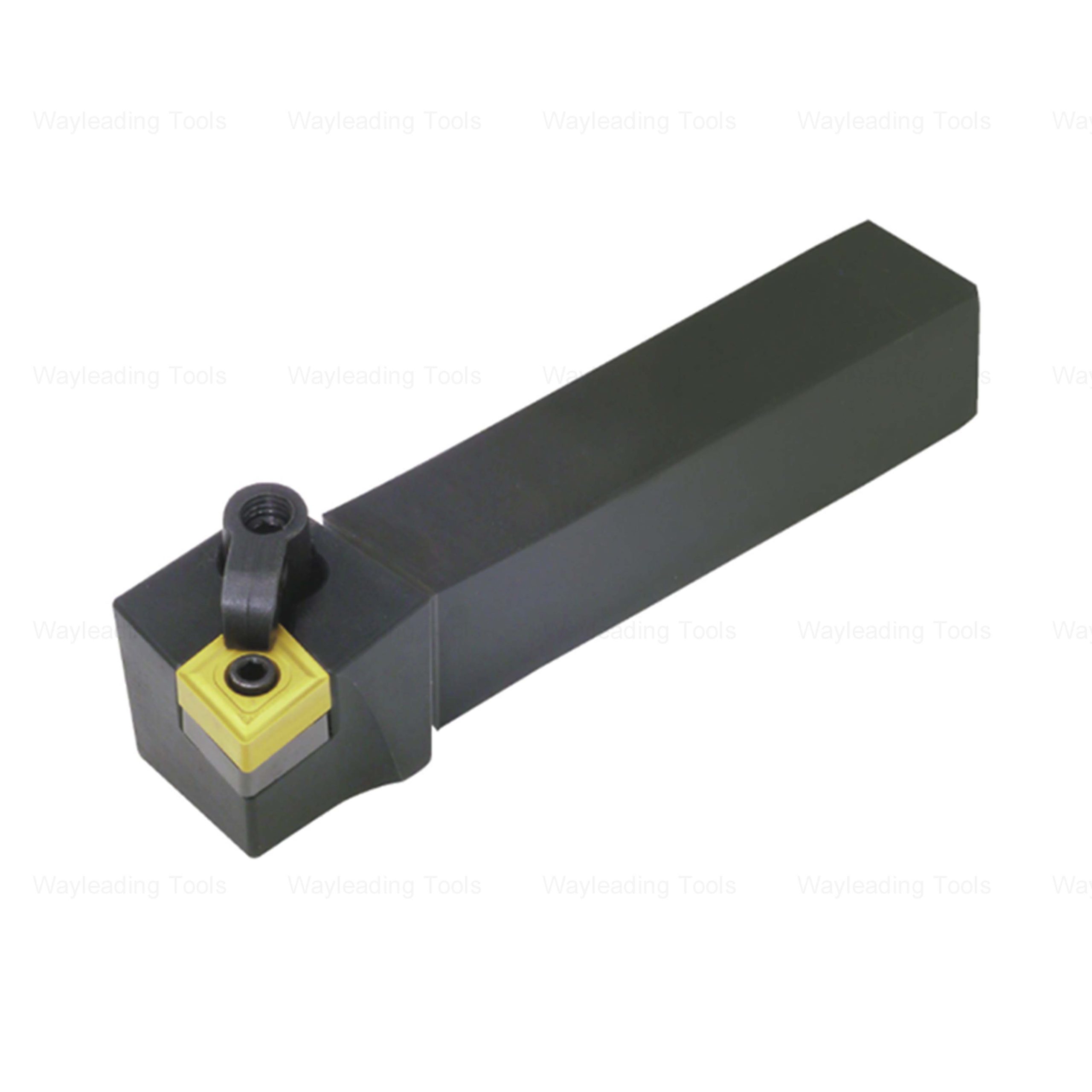 MCLN Indexable Turning Tool Holder
MCLN Indexable Turning Tool Holder -
 Precision IP67 Digital Caliper With Data Output For Industrial
Precision IP67 Digital Caliper With Data Output For Industrial -
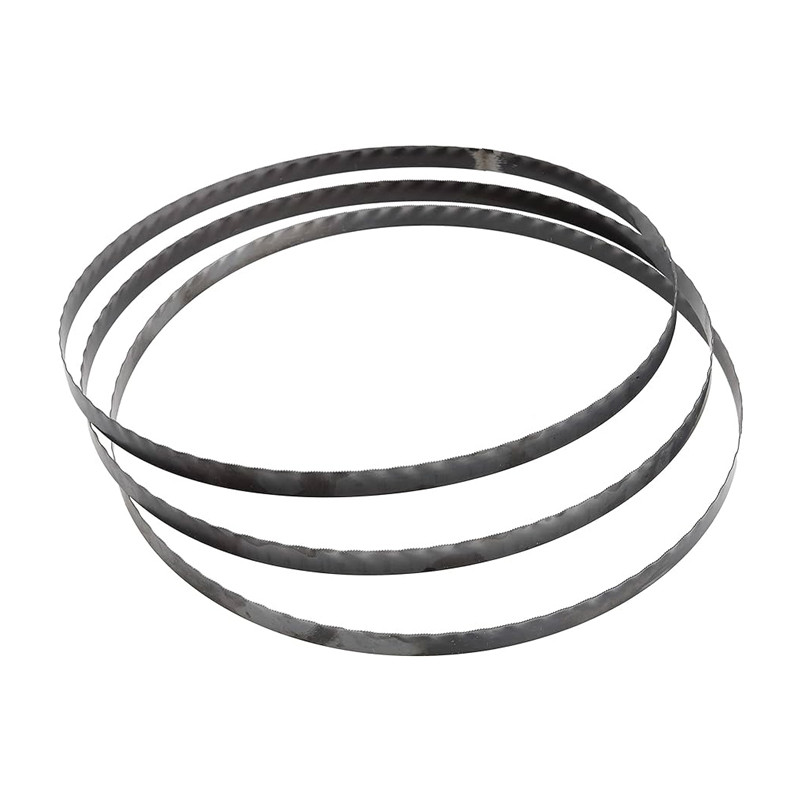 M42 Bi-Metal Bandsaw Blades For Industrial Type
M42 Bi-Metal Bandsaw Blades For Industrial Type -
 Type H Flame Tungsten Carbide Rotary Burr
Type H Flame Tungsten Carbide Rotary Burr -
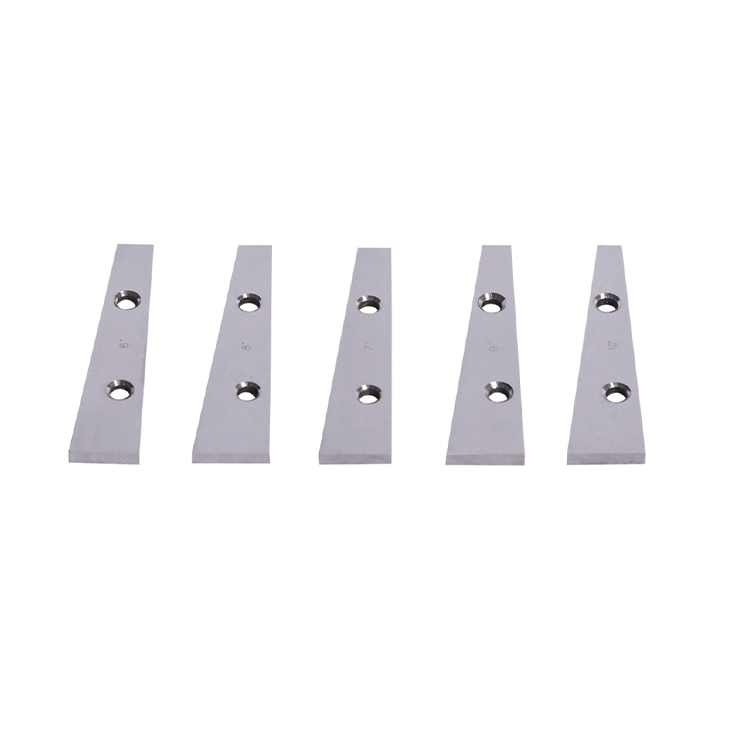 Precision 5pcs & 6pcs Angle Blocks Set With High Quality Type
Precision 5pcs & 6pcs Angle Blocks Set With High Quality Type -
 Indexable Spade Drill Holder With Helical Flute Holder And Taper Shank
Indexable Spade Drill Holder With Helical Flute Holder And Taper Shank




